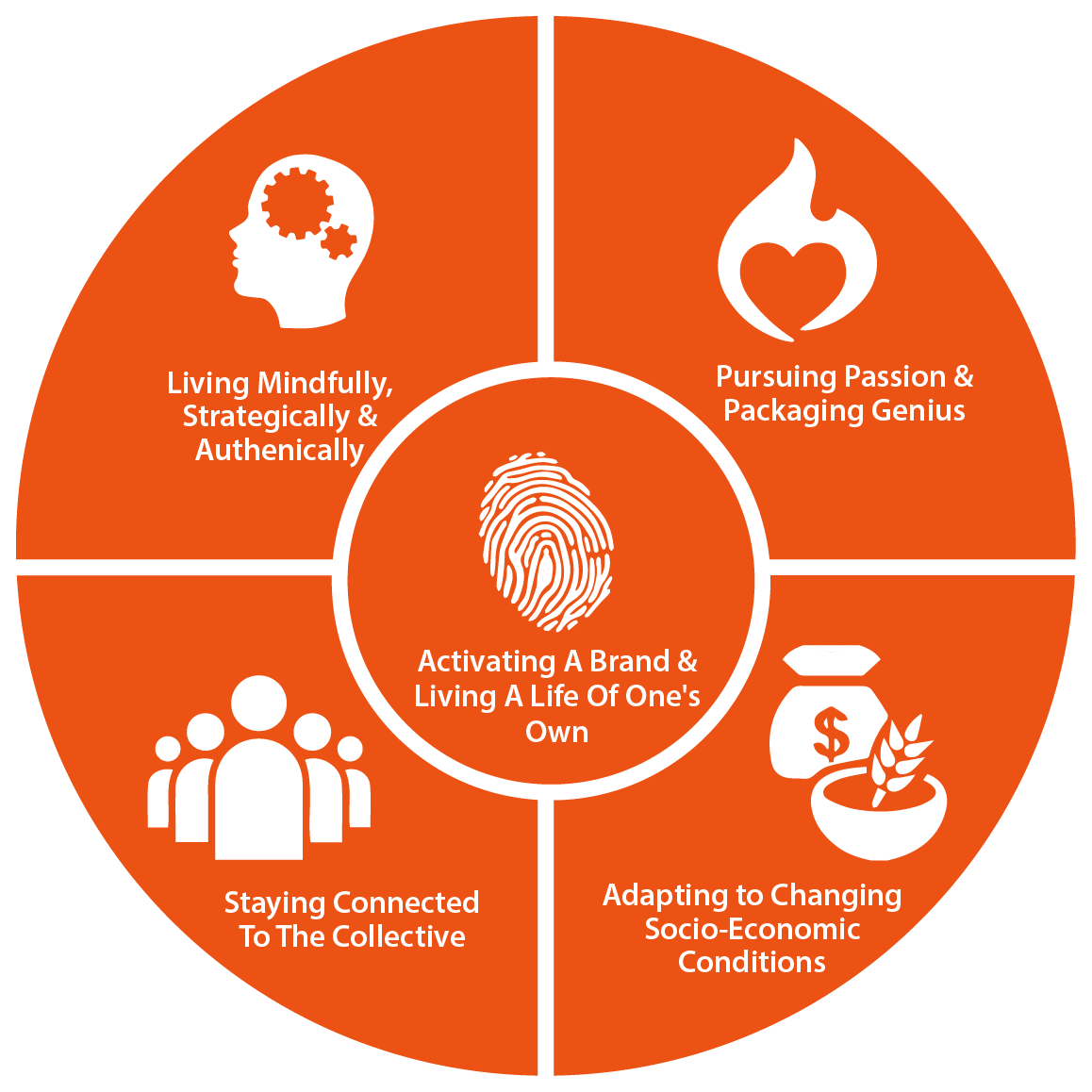What’s The Personal Imperative?
In our blog, The Re-Enchantment of Work: The Great Resignation, Realignment, and Reassessment, we noted that the Pandemic broke “a spell” many of us had about work. One spell-breaking trend the Pandemic accelerated is “The Personal Imperative.”
I’ve dusted off some notes in my files from 2014 where I was reflecting on “The Personal Imperative’s” meaning and implication.
Writing then, I noted that the “new economy” required us to embrace a new personal responsibility to respond to a new personal imperative.
Why A New Personal Imperative?
In my notes, I highlighted that economically successful people are
- Pursuing their passion, packaging their genus, building their brand, and activating it. (I borrowed these concepts from Amanda Littlejohn.)
- Offering their unique contributions (their brand) to others and the market as the basis for earning a living today.
- Enhancing their brand. The value of their brand provides a basis for financial security today and throughout their lifetime.
- Living an intense, yet stress-free, life because they are pursuing their passion, and they are authentic to who they are. They are “living their life” while “earning a living.”
The Great Personal Imperative
Today, I’m calling this “The Great Personal Imperative.”
The adjective “great” highlights the sudden and significant changes ushered in by the Pandemic. Below is a graphic I developed.

Personal Responsibility
Several trends had begun to foster these changes, and I noted we were well into being a part of a post-job, retirement, institutional, and economic security economy.
Consequently, we must be responsible for:
- Mitigating risks
- Maintaining programs to cover our unemployment, sickness, or other emergencies
- Sustaining our employability or ability to earn income.
- Managing our financial futures
In the …. |
We’re responsible for |
Therefore, we must |
| Post-Job Economy | Our employment security. | Ensure our employability |
| Post-Retirement Economy | Our retirement financial security. | Secure financially our retirement |
| Post-Institutional Economy | Our own “risk mitigation” program – unemployment, sickness, emergency planning | Finance our “rainy day funds” |
| Post-Economic Security Economy | Our own economic “safety net” | Create or join support networks |
New Normals
Reassessments aren’t new. In fact, our “normals” are “always new. The sudden effects on work attitudes due to the Pademinic remind us that we must be ever-ready to ride the waves of change.
Click here to read my reflections
Read & share our blogs on the changing nature of work
Buddhist Economics & The Great Reassessment
The Re-Enchantment of Work: The Great Resignation, Realignment, And Reassessment
Trust & Returning To The Office
References I’ve drawn upon to support my concept of “The Personal Imperative”
Beck, Ulrich. The Cosmopolitan Vision, 2006
Berger, Peter. The Heretical Imperative The Heretical Imperative: Contemporary Possibilities of Religious Affirmation, 1979
Bridges, William. Job Shift; How To Prosper In A Workplace Without Jobs, 1995
Littlejohn, Amanda. Package Your Genius, 2013.
Pink, Daniel. To Sell is Human: The Surprising Truth About Moving Others, 2013
Orman, Suze. The Money Class, Create the Future You Deserve, 2011.

